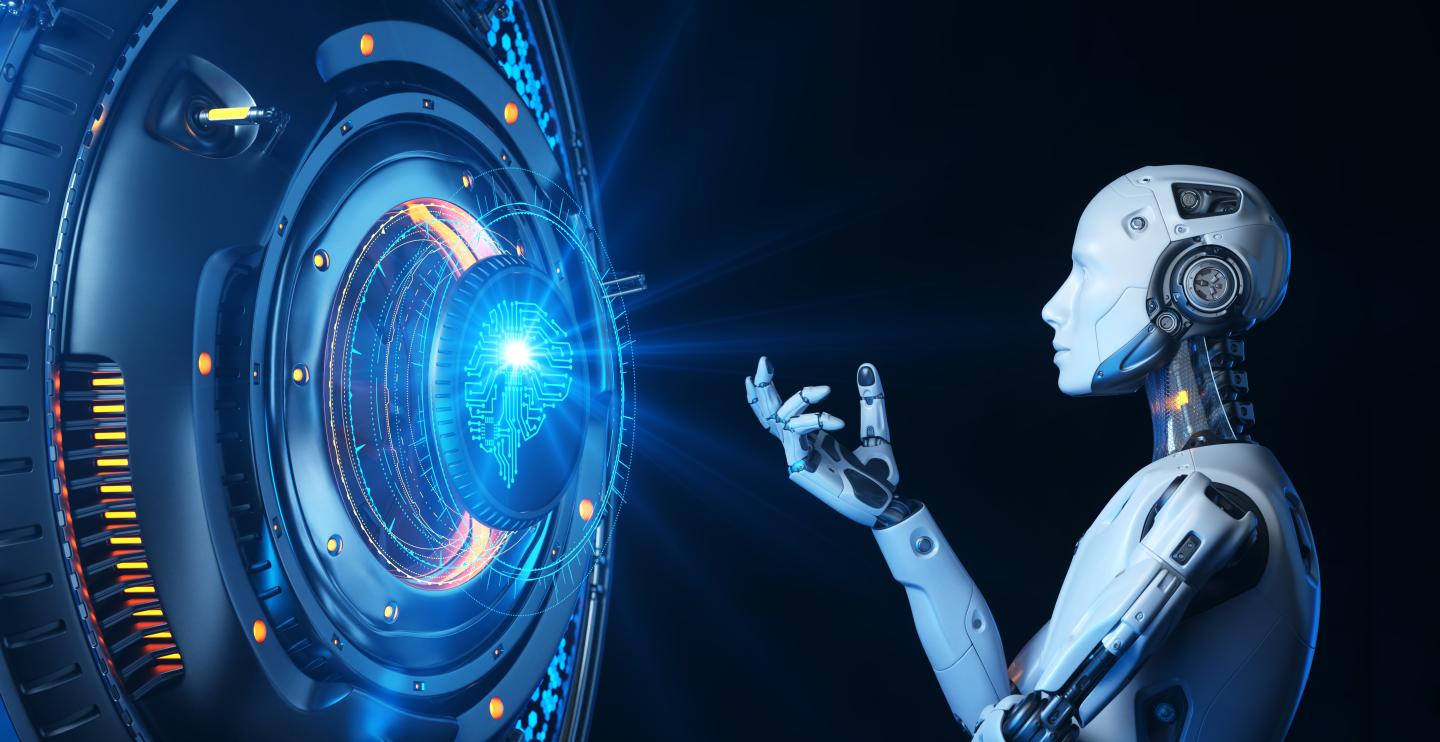
Theremoteinternship
Add a review FollowOverview
-
Founded Date December 27, 2011
-
Sectors General Labour
-
Posted Jobs 0
-
Viewed 31
Company Description
DeepSeek has actually Taught aI Startups A Lesson Automakers Learned Years Ago
DDR4 vs. DDR5 RAM
Butlers of Your Dreams
Deals Delivered
DeepSeek Has Taught AI Startups a Lesson Automakers Learned Years Ago

Today, some automobile industry observers felt a sneaking sense of recognition. Seemingly out of no place, a Chinese company made worldwide headings by besting Western companies at the tech they allegedly invented.
No, it wasn’t BYD, the 20-year-old automaker that acquired abrupt worldwide acknowledgment over the last few years as it began to export low-price electric vehicles all over the world. (BYD constructed more electric cars in 2024 than Tesla.) Today’s buzz was about DeepSeek, a Chinese startup that shocked techies when it released a brand-new open-source artificial intelligence model with seemingly a fraction of the funding US rivals have hoovered approximately construct their own. DeepSeek’s success saw US tech stocks slide previously this week, and financiers scramble to reexamine their bets.
In some methods, experts state, the start-up’s success follows the automobile industry’s playbook. And the lesson was comparable: Chinese companies can still build it much better and more cheaply. “There is an underestimation of Chinese innovation and resourcefulness,” says Ilaria Mazzocco, a senior fellow investigating Chinese policy at the nonprofit Center for Strategic and International Studies. “There is resourcefulness even when there might not be access to the very best innovation.”
A number of China’s significant international economic success stories have actually emerged out of a comparable nationwide technique, says Susan Helper, an economist with Case Western Reserve University who studies international supply chains and manufacturing and dealt with EV policy in the Biden administration. Cars, solar panels, batteries, steel: “It’s basically, select a market that’s vital, and put a great deal of cash towards it for a very long time,” she states. (Compare that with the US method to vehicles, “where we alter our minds on electrical cars every couple of years.”)
In the case of vehicles, the Chinese federal government has for nearly 20 years subsidized electric-vehicle-makers, provided tax breaks to electric automobile clients, and developed policies that need the whole country to minimize emissions and go electric-a push in the EV instructions. Chinese AI investment is a lot more recent, however growing larger. In the previous decade, the Chinese federal government has actually put over $200 billion into AI-related companies, Stanford scientists approximate. Just this month, it announced a brand-new $8.2 billion AI mutual fund.
Additionally, Helper says, Chinese market gain from blurrier boundaries between the federal government, private firms, and the armed force.
The outcome is an AI community that’s definitely not similar to the car one, however has a couple of echoes. The history of the Chinese vehicle industry demonstrates sophisticated research study networks and firms’ abilities to construct on the success of their predecessors, states Kyle Chan, a postdoctoral scientist at Princeton University who discusses Chinese industrial and climate policy. Witness the success of Geely, which started the late 1980s as a refrigerator parts business before transitioning to automobiles in 1997. For its first 4 years, it didn’t in fact have a license to operate in China; today, it produces 3.3 million cars and sells internationally, in addition to owning major stakes in Volvo, Polestar, and Aston Martin. Geely and other automakers that emerged in the exact same time frame-Chery, BYD, Great Wall Motor-have now produced a brand-new wave of producers. Today, about 100 domestic brand names are offering in China.
Similarly, research study documents involving DeepSeek workers reveal the startup’s workers are likewise embedded in the very same networks as the bigger and more established Chinese tech giants that came before, including ByteDance and Baidu. The startup appears to have recruited youths from the same well-regarded, state-run universities, consisting of Tsinghua University and Zhejiang University.
Chinese car manufacturers “built on the structure that was there before,” states Chan. Now, “DeepSeek is among many start-ups that have emerged that benefited from an earlier generation of tech foundation builders.” Because of that deepening bench of technology skill, Chan states, there is no guarantee that just due to the fact that DeepSeek seems to be winning Chinese AI today means it’ll be winning next year, and even next month.
The significant difference between the development of homegrown Chinese and AI industries, obviously, is speed. Automotive supply chains are worldwide and complicated, and constructing them needed marshaling not just brand-new software application, but also battery minerals, battery mineral processing abilities, parts suppliers, and factories. So maybe it is not a surprise: It took Chinese firms several years to establish a domestic technology that might give other countries a run for their cash. “This was a slow-moving train,” says Mazzocco.
Chinese big language models, by contrast, have emerged extremely rapidly. “Everything is just compressed now. It’s taking place much quicker,” says Chan. The biggest lesson appears to be that, globally, everybody must start taking note.

Comments

Join the WIRED community to include comments.
X
More From WIRED


